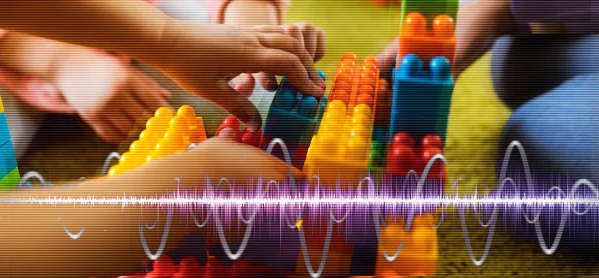Self-regulation matters - and that’s because we all need to manage our behaviour and reactions to the world around us.
As pupils go through education, this ability is constantly being developed and refined. However, according to Sara Baker, it’s teachers in Reception and Year 1 who need to really dedicate specific time to teaching these skills.
Baker is a professor of developmental psychology and education at the University of Cambridge, and in this episode of Tes Podagogy, she explains why those skills matter so much at this stage of life.
“We know from a lot of research in neuroscience that it’s a really important period of time where self-regulation and some other related abilities are developing, and what’s going on in someone’s environment during those years can really have an impact on the way those skills develop,” she explains.
“If children experience a lot of unpredictable situations, or if things are chaotic or worrying for them, they can find it difficult to know what to expect, and to develop the habit of planning ahead, for example. That’s just one way in which your early experiences can affect your self-regulation.”
Listen to more Podagogy:
The best way for teachers to help children practise and build those self-regulation skills is through play, she adds.
“Play is an umbrella, and it includes lots of different things. It’s about opening up the learning, engaging the children in meaningful ways, and it’s not just giving them a choice between a red pen and a black pen that doesn’t impact on their learning. But there’s lots of different ways that teachers could be playful in their practices,” she says.
Developing self-regulation through play in primary schools
In research conducted in more than 30 classrooms, Baker and others found that free-flow activities and small-group work were more effective in encouraging self-regulation than whole-class instruction. Baker says it was an interesting - but not altogether surprising - finding.
“When everyone’s sitting on the carpet, for example, doing their phonics lessons, children couldn’t practise self-regulation, because they weren’t being challenged and stretched to do that. They also weren’t getting that individualised support,” she says.
“In a free-flow situation, you’re interacting with your peers and you have that individualised feedback from adults, so you can adapt and adjust as you go.”
For the best part of the past decade, Baker has been running a community of practice with educators and researchers to explore and develop research-based activities that support self-regulation, and, as a result, has developed a free digital professional development programme for teachers to follow.
In this podcast, Baker explains how the programme works, and shares examples of different activities that teachers can use. She also touches on the role of the teaching assistant in this work, and explains how they, too, can be supported to guide children with this work.





